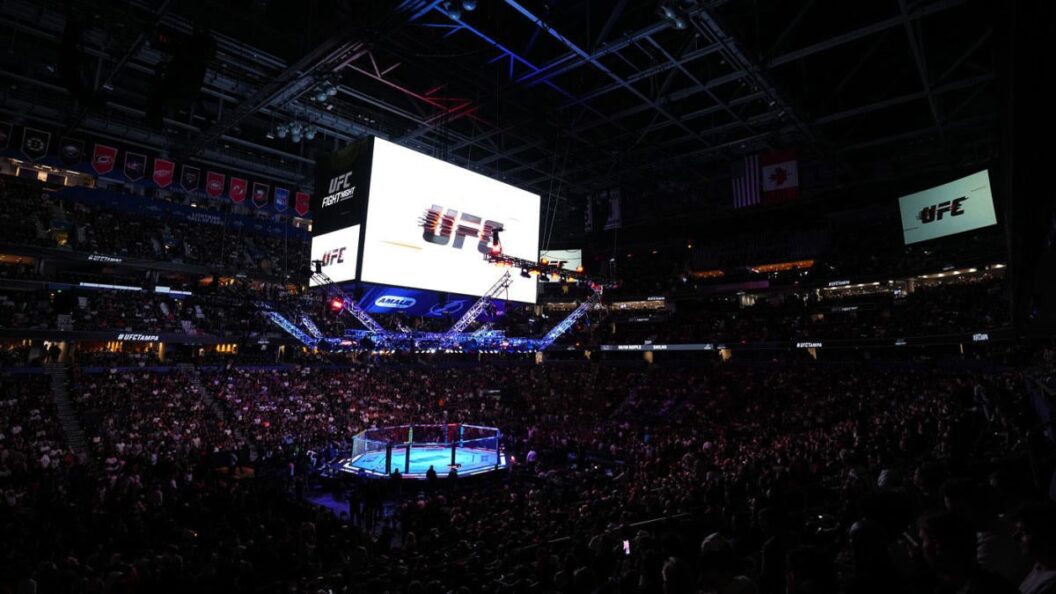Carlie Irsay-Gordon Takes the Helm of the Indianapolis Colts
In a historic shift for the Indianapolis Colts, Carlie Irsay-Gordon has assumed the role of owner and CEO following the recent passing of her father, Jim Irsay. This transition marks significant progress not just for the Colts, but for female leadership in sports, as Irsay-Gordon takes control of a franchise that currently boasts the best record in the NFL.
A Legacy of Leadership
Carlie Irsay-Gordon’s ties to the Colts run deep. She has been involved with the organization for over 14 years and has represented the team at NFL meetings since 2004. Her journey has been closely watched by figures within the league, including Amy Trask, the first female CEO of an NFL team. Trask noted the foresight Jim Irsay had in creating a succession plan designed to keep the family legacy alive. "Every conversation I had with Jim about the future of the team, he was very clear that he wanted his daughters to be very involved," she stated.
Irsay-Gordon’s ascent comes alongside her sisters, who have also taken on key roles within the organization. Casey Foyt is now the executive vice president, and Kalen Jackson serves as president of the Colts Foundation. Together, they represent the third generation of Irsay leadership.
Challenges and Opportunities Ahead
The Colts are currently navigating a complex transition. Despite a tumultuous prior season, which saw them miss the playoffs for the fourth consecutive year, Irsay-Gordon’s leadership has already produced results. The team has started strong this season, with three wins followed by a close loss to the Los Angeles Rams and then four consecutive victories, leading them to a 7-1 record as of their upcoming game against the Pittsburgh Steelers.
Under head coach Shane Steichen, who faced scrutiny last season, the strategy has shifted from relying on first-round pick Anthony Richardson to a new starting quarterback, Daniel Jones. This decision, deemed contentious, has ultimately played a pivotal role in the team’s surprising early success.
Innovative Leadership Style
Irsay-Gordon’s game day approach has also garnered attention. Known for wearing a headset and taking notes on the sidelines, she has expressed a desire to enhance her understanding of the team’s operations during games. “I need to be able to say, ‘Is this person full of BS?’” she remarked, emphasizing the complexity of managing a football team.
Her unique methods have drawn some skepticism but are increasingly being recognized as effective, especially given the Colts’ impressive record. “It helps you potentially make a less expensive mistake,” she noted, advocating for transparency and informed decision-making.
Recognition and Support for Change
The shift to female leadership within the Colts has been met with enthusiasm from other female leaders in sports, including Trask, who has lauded Irsay-Gordon’s accomplishments. “I’m thrilled for Carlie. I think they’re doing everything tremendously well,” Trask commented, reflecting on the importance of ownership that resonates with fans’ passion.
As the Colts move into a crucial part of the season, the impact of Irsay-Gordon’s leadership is impossible to overlook. Her commitment to her father’s legacy, coupled with a fresh perspective on team operations, positions the Colts not only for immediate success but also for long-term growth.
Conclusion: A New Era for the Colts
The transition to Carlie Irsay-Gordon’s leadership symbolizes a broader change in professional sports, where women’s roles are increasingly prominent. Her leadership is not just a nod to past traditions but a step toward adapting and evolving an iconic franchise for a future that continues to strive for excellence. As the Colts navigate the remainder of the season, all eyes will be on Irsay-Gordon and her vision for the team’s future, marking the significance of this new chapter in both their history and the wider landscape of the NFL.












